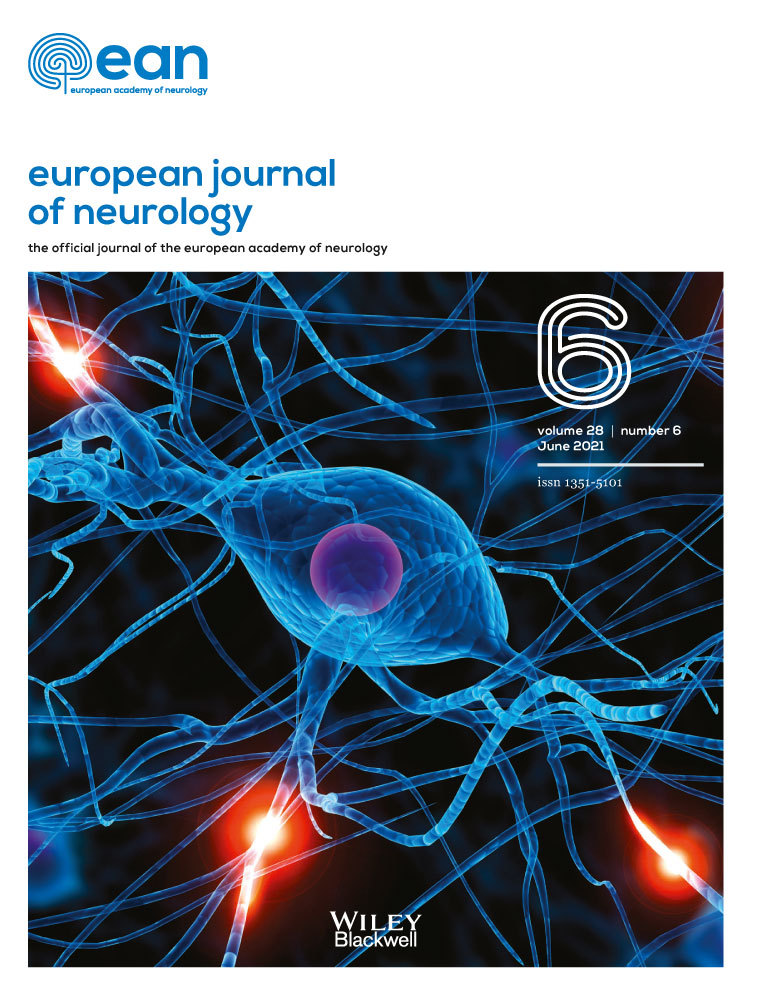Sociability-based fitness approach in Parkinson’s disease: Comparison with conventional rehabilitation
Declarations: All authors affirm that the material has been neither published nor submitted for publication elsewhere.
Classification of evidence: The study provides Class II evidence that a group-based rehabilitation programme improves the UPDRS score in patients with PD.
Funding information
This study was supported by the Japan Society for the Promotion of Society (JSPS) KAKENHI Grant numbers 23500639 and 24500636.
Abstract
Background and purpose
The effect of a sociability-based fitness approach on parkinsonian disability in patients with Parkinson's disease (PD) was assessed.
Methods
Eighty patients diagnosed with PD were randomly assigned to either the group-based rehabilitation (GBR) group (n = 40) or the individual-based rehabilitation (IBR) group (n = 40). The primary outcome was the difference between the two groups in the mean change from baseline to post-training in the total score on the Unified Parkinson's Disease Rating Scale (UPDRS). The secondary outcomes included the change in mental status and the difference in the mean change from baseline to month 3 and month 6 in the total score on the UPDRS.
Results
The mean (±SD) UPDRS scores were 72.0 ± 21.0 in the GBR group and 72.1 ± 18.6 in the IBR group. The UPDRS scores from baseline to post-training were 22.8 ± 13.5 in the GBR group and 10.9 ± 8.8 in the IBR group (difference 11.8 points; 95% confidence interval [CI] 5.0–18.6; p = 0.001). The difference between the groups from baseline to month 3 (difference 10.06 points; 95% CI 3.3–16.8) and the difference between the groups from baseline to month 6 (difference 11.7 points; 95% CI 4.9–18.5) were also significant (p = 0.004 and p = 0.001, respectively). The scores of cognitive function and depression had not changed significantly.
Conclusions
Patients receiving GBR demonstrated significant improvements in parkinsonian symptoms, suggesting that the sociability-based fitness can be applied to clinical treatment by sustaining the motivation in PD.
CONFLICTS OF INTEREST
The authors declare that they have no conflicts of interest.
Open Research
DATA AVAILABILITY STATEMENT
Appropriate anonymized data can be made available to qualified investigators upon reasonable request. To gain access, data requestors will need to sign a data access agreement.




